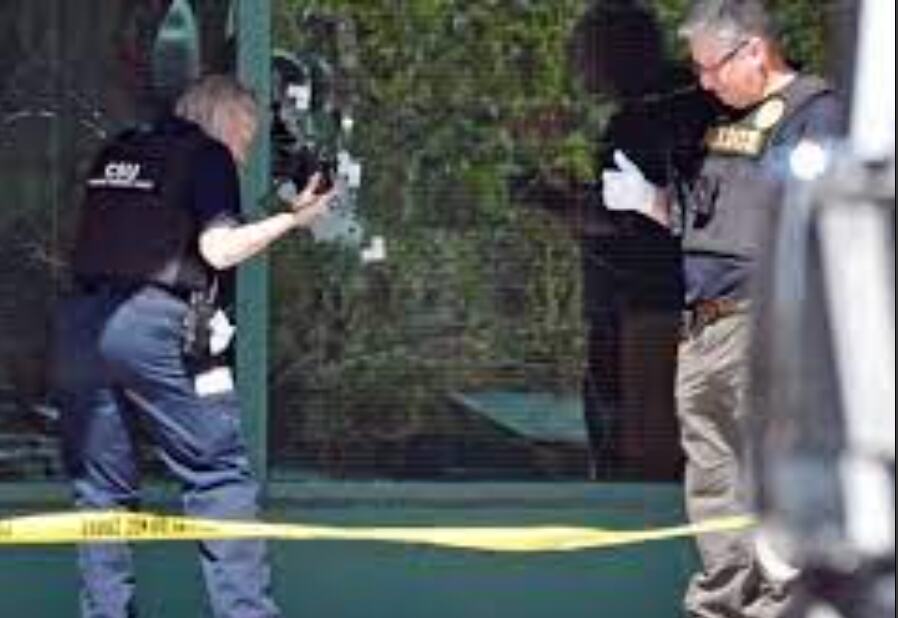United States Experiences Deadliest Six Months of Mass Killings Since 2006
The United States experiences the deadliest six months of mass killings since 2006, with 28 incidents and 140 deaths. The rise in violence sparks a renewed debate over gun control measures.
The United States has reached a tragic milestone as it experiences the deadliest six months of mass killings since at least 2006. According to a database maintained by the Associated Press, USA Today, and Northeastern University, the nation has witnessed 28 mass killings between January 1 and June 30, resulting in the deaths of 140 people.
Almost all of these incidents involved firearms, with the death toll steadily rising week after week. A mass killing is defined as an occurrence where four or more people are slain within a 24-hour period, excluding the assailant.
The database, which tracks large-scale violence dating back to 2006, reveals that this year's record surpasses the previous high of 27 mass killings set in the second half of 2022. The increase in such violence has shocked experts like James Alan Fox, a criminology professor at Northeastern University, who never anticipated such alarming numbers.
While the first six months of 2023 have been marked by chaos and bloodshed, there is hope that the remainder of the year could be calmer, despite a rise in violence over the July 4 holiday weekend.
Psychiatrist Dr. Amy Barnhorst suggests that the current trend could either continue or subside in the coming months. However, determining the long-term implications of this escalating violence will require more time and analysis.
Experts attribute the rising bloodshed to a combination of a growing population and increased access to firearms in the United States. It is essential to keep in mind that while mass killings receive significant attention, they remain statistically rare and represent only a fraction of the country's overall gun violence.
These tragic events have sparked a renewed debate over gun control measures. Brent Leatherwood, a Republican whose children were present during a mass shooting at a Nashville school, believes that action must be taken to prevent guns from falling into the hands of potentially violent individuals.
Tennessee Governor Bill Lee, also a Republican, has called for legislation to keep firearms away from those who may harm themselves or others. However, passing such measures in Tennessee, a state with a resistant Republican-led Legislature, has proven to be a challenge.
Despite the rising toll and evidence pointing towards the need for regulation, the National Rifle Association (NRA) remains staunchly opposed to firearm control, including AR-15-style rifles.
NRA spokesperson Billy McLaughlin asserts that efforts to limit the Second Amendment rights of law-abiding citizens will only empower criminals. The NRA's position highlights the ongoing divide and political battles surrounding gun control in the United States.
The devastating impact of mass shootings extends beyond the immediate loss of life, affecting the lives of survivors and their families. Tito Anchondo, whose brother was killed in a 2019 mass shooting in El Paso, Texas, is concerned about the future and the possibility that his own child may have to attend school alongside potential gunmen.
The trauma and fear experienced by victims and their loved ones emphasize the urgent need for comprehensive action to address this growing problem. As the United States confronts this grim milestone of record-breaking mass killings, it has become evident that immediate and effective measures are needed to address the root causes of gun violence.
The call for meaningful gun control reform, including restrictions on assault weapons and holding gun manufacturers liable, is gaining momentum. Only through concerted efforts can the nation hope to stem the tide of these devastating tragedies and ensure a safer future for all.




